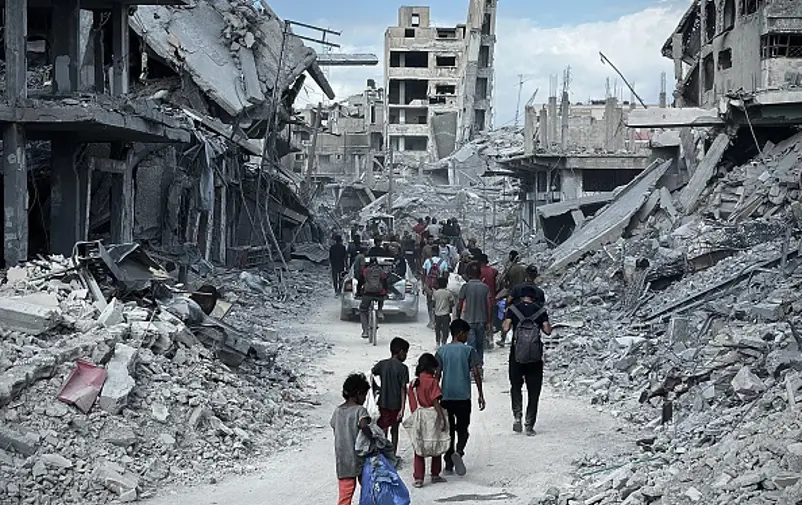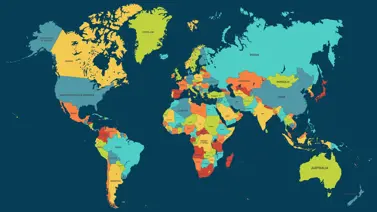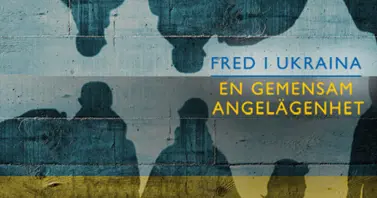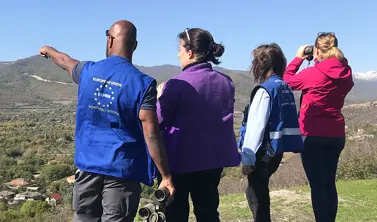Political Engagement by Former Armed Groups Outside Party Politics
This research brief sheds light on multiple experiences of rebel-to-movement political transitions outside of formal party politics.
The findings presented in this brief demonstrate that there are many pathways to political re-mobilization for former members of armed groups beyond joining political parties or taking up positions in the state apparatus. Supporting the political re-mobilization of former combatants through formal and informal channels contributes to post-war stability and sustainable peace, enabling these actors to defend their interests and pursue their struggles through nonviolent democratic means. Based on the insights presented in this research brief, we can identify at least two main policy recommendations for international peacebuilding actors, including UN-led DDR missions.
This research brief series has been initiated through a collaboration between the Politics After War (PAW) research network, the Folke Bernadotte Academy (FBA), and the United Nations Depart¬ment of Peace Operations, Office of Rule of Law and Security Institutions: DDR Section (UNDPO/OROLSI/DDR) with the aim to provide research perspectives and scientific evidence on the inter¬section of DDR and politics with a particular em¬phasis on the transformative dynamics of armed groups and combatants.
Other publications in the series
The Political Dynamics of DDR Key Research Findings
Political Integration and Post-war Elections
Peace Agreements and the Political Integration of Armed Groups
DDR and Post-War Politics: Lessons from Northern Ireland
Rebel Party Organization and Durable Peace after Civil Conflict
Women and Rebel to Party Transitions
Ideological Moderation in Armed Groups Turned Political Parties
Former Armed Groups in power and Post-war Youth Policies









 >
> >
>

